Description
Milbemycin: A Powerful Tool in the Fight Against Parasites
Milbemycin oxime is a name that might not immediately ring a bell, but it plays a crucial role in veterinary medicine as a broad-spectrum antiparasitic drug. Commonly found in preventative medications for pets, milbemycin is a powerful tool in the fight against heartworm, intestinal worms, and certain types of mites. Understanding its mechanisms, applications, and potential side effects is essential for responsible pet ownership and ensuring the health and well-being of our animal companions.
How Milbemycin Works:
Milbemycin exerts its parasiticidal effect by interfering with the nerve and muscle function of susceptible parasites. It works by increasing the permeability of parasitic cell membranes to chloride ions. This chloride influx leads to hyperpolarization, disrupting nerve impulse transmission and ultimately paralyzing and killing the parasite.
Specifically, milbemycin:
- Targets immature heartworms: Milbemycin is highly effective against the larval stages of heartworm (Dirofilaria immitis), preventing the development of adult heartworms, a potentially fatal condition in dogs and cats.
- Eliminates intestinal worms: It is also effective against common intestinal parasites like roundworms, hookworms, and whipworms, helping to maintain a healthy gastrointestinal system in pets.
- Combats mites: Some formulations containing milbemycin are used to treat certain types of mites, like ear mites and demodectic mange mites.
Formulations and Administration:
Milbemycin is primarily available in oral form, often combined with other parasiticides like praziquantel (for tapeworm control) or spinosad (for flea control). This combination allows for a broad spectrum of protection against various parasites in a single convenient dose.
It is crucial to administer milbemycin according to your veterinarian’s instructions. Dosage is typically based on the animal’s weight, and it’s vital not to overdose or underdose the medication. Regular, usually monthly, administration is essential for effective heartworm prevention.
Benefits of Milbemycin Use:
- Effective Heartworm Prevention: Milbemycin is a cornerstone of heartworm prevention, protecting pets from this deadly disease.
- Broad-Spectrum Control: Its activity against multiple intestinal worms and mites offers comprehensive parasite protection.
- Convenient Administration: Oral formulations are easy to administer, making parasite prevention more convenient for pet owners.
- Safe for Many Animals: Generally, milbemycin is safe for use in dogs and cats when administered at the recommended dosage.
Potential Side Effects and Precautions:
While milbemycin is generally safe, it is important to be aware of potential side effects and precautions:
- Drug Sensitivity: Some animals, particularly those with certain genetic predispositions (e.g., Collies, Australian Shepherds, Shetland Sheepdogs, and related breeds), may be sensitive to milbemycin and other similar drugs. This sensitivity is often linked to a mutation in the MDR1 gene (also known as ABCB1), which affects the blood-brain barrier. Consult your veterinarian about genetic testing before starting milbemycin if you have a breed predisposed to this sensitivity.
- Reactions in Heartworm-Positive Animals: Administering milbemycin to an animal with a heavy heartworm burden can potentially cause a reaction as the drug kills the microfilariae (larval stage of heartworms). This reaction can manifest as vomiting, diarrhea, lethargy, or even shock. A veterinarian should supervise heartworm treatment.
- Common Side Effects: Common side effects are generally mild and may include vomiting, diarrhea, lethargy, or loss of appetite. These symptoms usually resolve on their own.
- Consult Your Veterinarian: Always consult your veterinarian before starting your pet on milbemycin or any other medication. They can assess your pet’s individual needs and risk factors and recommend the appropriate dosage and preventative protocol.
- Pregnancy and Lactation: Use in pregnant or lactating animals should be carefully considered and discussed with your veterinarian.
Conclusion:
Milbemycin is a valuable weapon in the fight against parasites that threaten the health and well-being of our pets. Its efficacy in preventing heartworm, controlling intestinal worms, and treating certain mites makes it a popular choice for veterinarians and pet owners alike. By understanding how milbemycin works, its potential benefits, and important precautions, we can use this powerful medication responsibly and ensure a happier, healthier life for our furry friends. Remember to always consult with your veterinarian for personalized advice and guidance on parasite prevention for your pet.







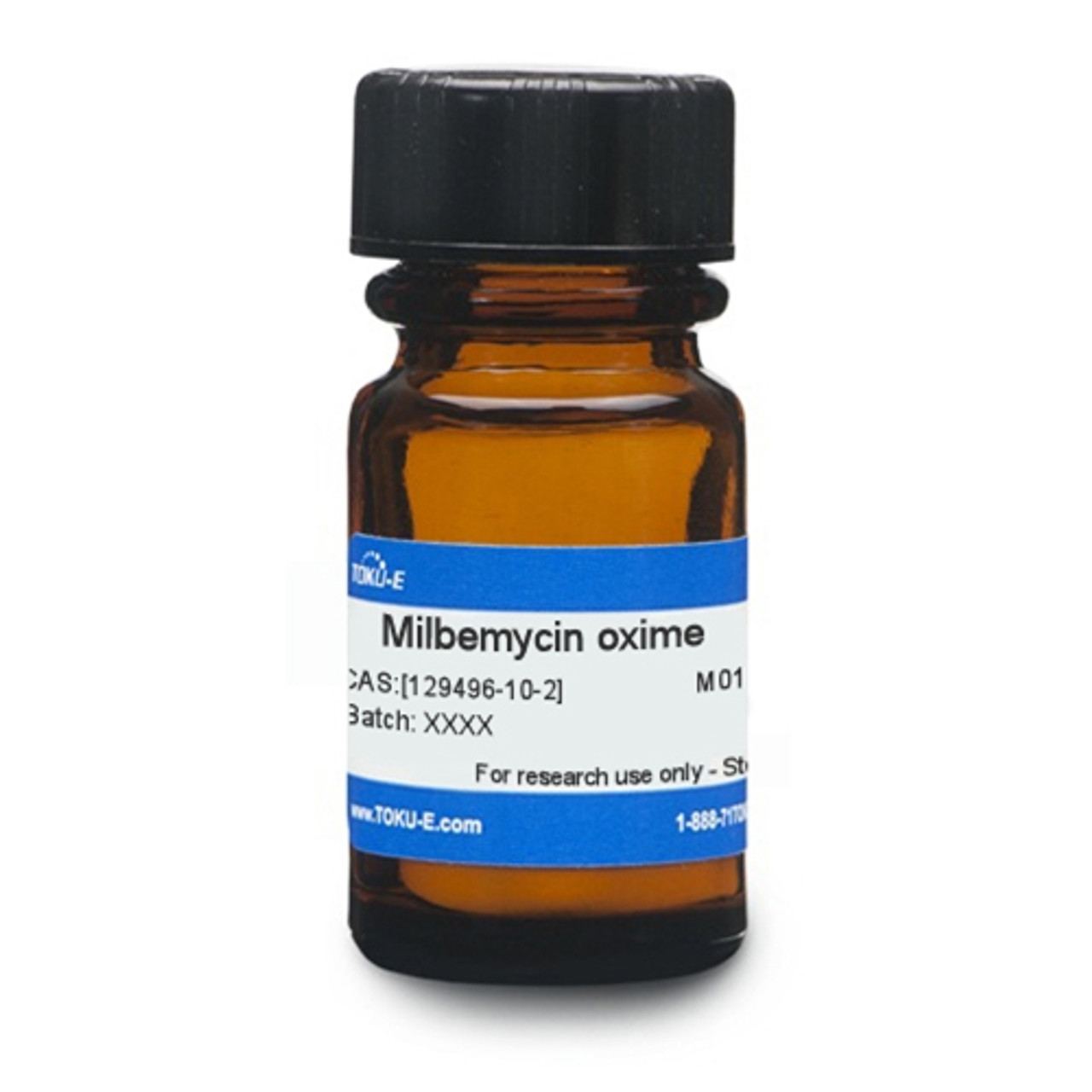
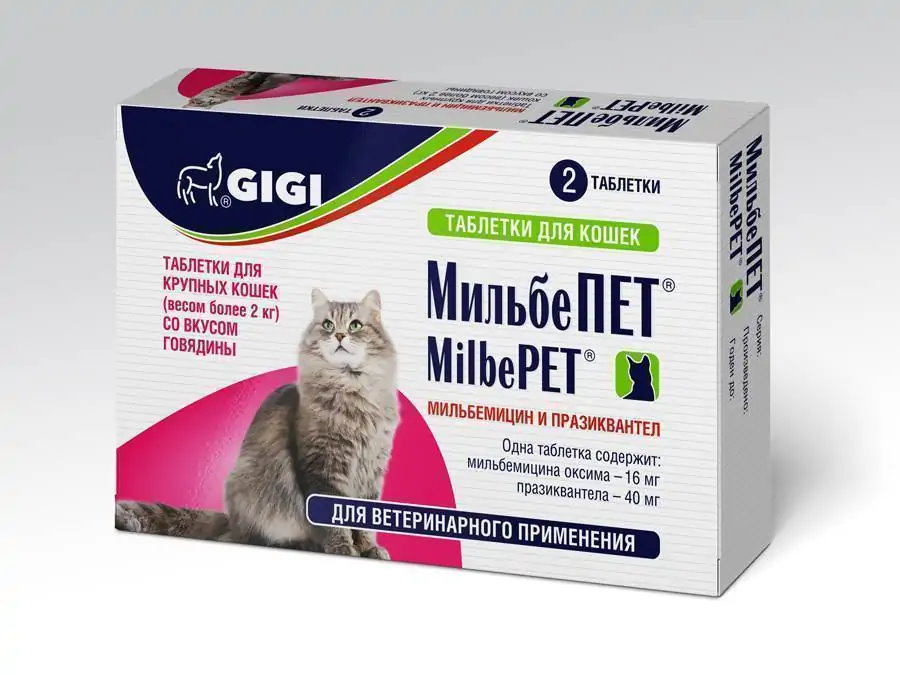
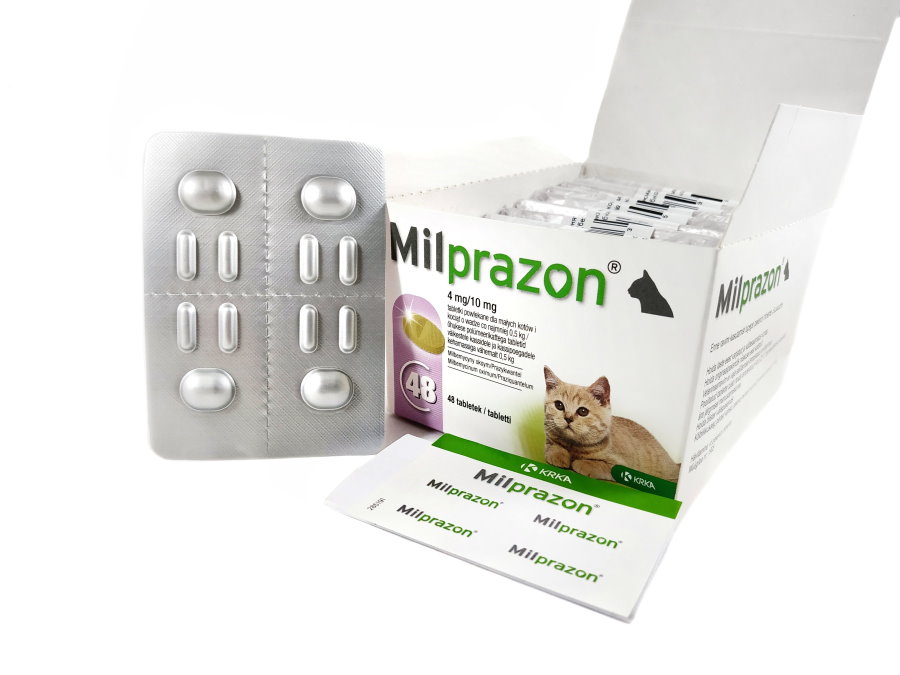
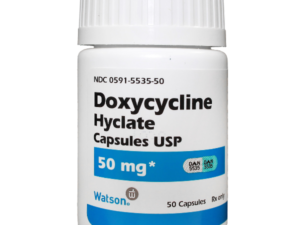
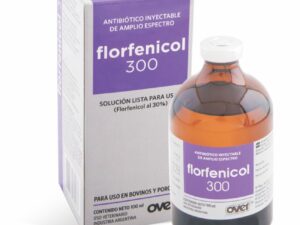


Reviews
There are no reviews yet.